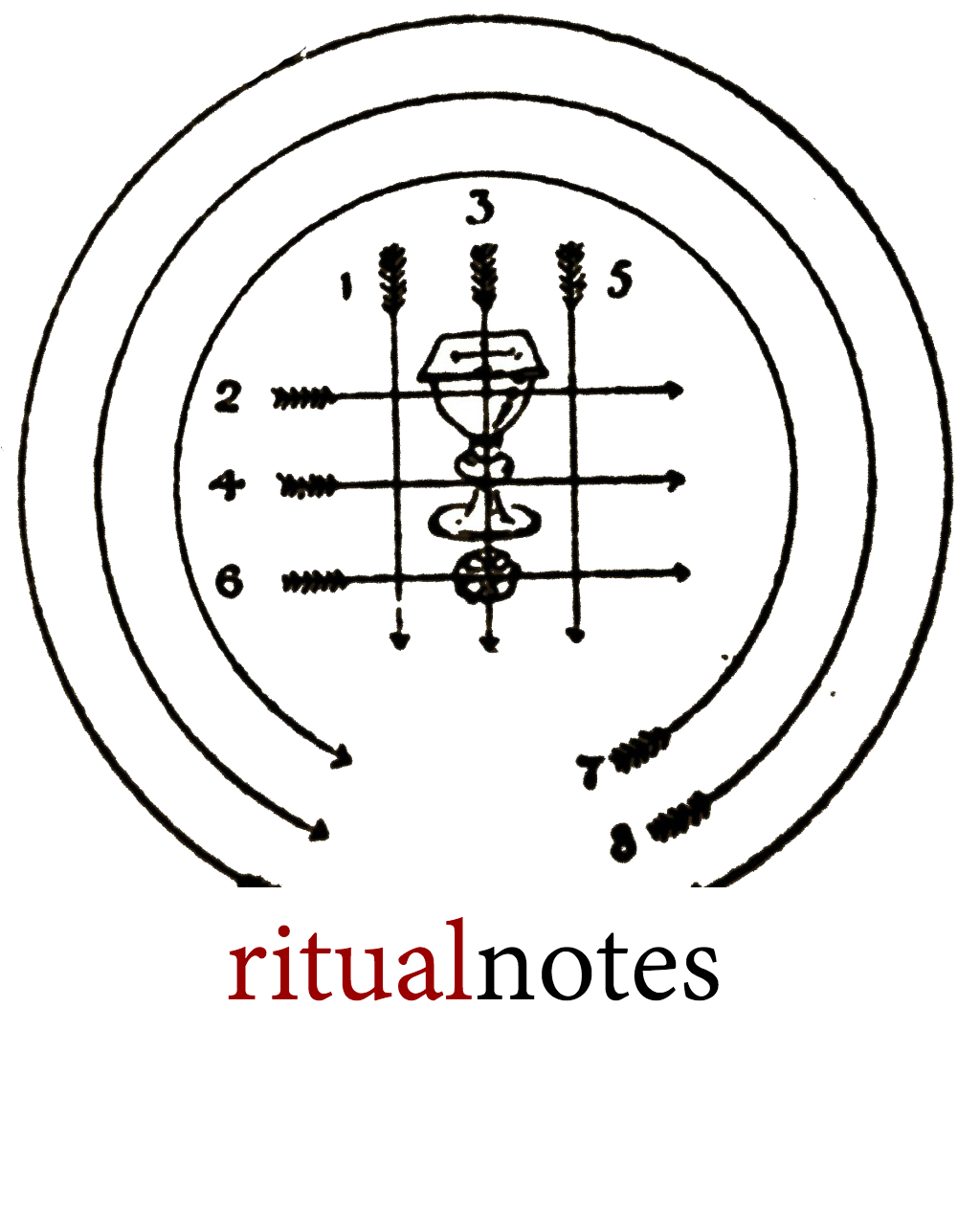I have not done the research (but now I’m curious) as to why no American Book of Common Prayer has included the entirety of Psalm 95 as the Invitatory at Morning Prayer.* If the reason is obvious to everyone else, mea culpa.
Psalm 95 (or 94 according to Roman Catholic numbering) has been the Invitatory Psalm for Matins ever since the 6th century with the Rule of St Benedict. Chapter 9 of the Holy Rule states:
In the aforesaid winter season, there is first the versicle Domine labia mea aperies, et os meum annuntiabit laudem tuam, to be said three times; then must follow the third psalm and the Gloria; then the ninety-fourth psalm to be chanted with an antiphon, or at any rate to be chanted (emphasis mine).
When Thomas Cranmer produced the first Book of Common Prayer in 1549, he included the Psalm 95 with the incipit Venite Exultemus without any invitatory antiphon. Every subsequent English Prayer Book followed suit.
After the Revolutionary War, the first proposed American Prayer Book included the entirety of Psalm 95 as the Venite, yet it was never ratified. The 1789 Prayer Book, and every Prayer Book thereafter combines the first 7 verses of Psalm 96 and verses 9 and 13 of Psalm 96:
O come, let us sing unto the Lord; *
let us heartily rejoice in the strength of our salvation.
Let us come before his presence with thanksgiving, *
and show ourselves glad in him with psalms.
For the Lord is a great God, *
and a great King above all gods.
In his hand are all the corners of the earth, *
and the strength of the hills is his also.
The sea is his and he made it, *
and his hands prepared the dry land.
O come, let us worship and fall down *
and kneel before the Lord our Maker.
For he is the Lord our God, *
and we are the people of his pasture
and the sheep of his hand. (Psalm 95.1-7)
O worship the Lord in the beauty of holiness; *
let the whole earth stand in awe of him. (Psalm 96.9)
For he cometh, for he cometh to judge the earth, *(Psalm 96.13)
and with righteousness to judge the world
and the peoples with his truth.
The 1979 Book of Common Prayer is the first American version to include a rubric that allows the use of all Psalm 95 as translated by Coverdale as the Invitatory Psalm. Several months ago, we took advantage of this rubric and started praying the whole psalm instead of portions.
Here is what we have been missing:
Today if ye will hear his voice, harden not your hearts *
as in the provocation,
and as in the day of temptation in the wilderness;
When your fathers tempted me, *
proved me, and saw my works.
Forty years long was I grieved with this generation, and said, *
It is a people that do err in their hearts,
for they have not known my ways;
Unto whom I sware in my wrath, *
that they should not enter into my rest.
I understand that these verses aren’t as uplifting as the first 7, but they are important. The refrain at mass today was from verses 7 and 8: “today if ye will hear his voice, harden not your hearts.” This is important for us to hear as we break the night silence with our prayers. For we know that it is not if we will hear God’s voice, but when we hear God’s voice. When we hear God’s voice in the Scriptures, in the words at mass, in our conscience, and in the cries of those around us, harden not your heart.
I don’t know about you, but I need to hear that and I need to pray that.
*UPDATE: According to Massey Shepherd in The Oxford American Prayer Book Commentary, "Bishop White quaintly said of the alteration made by the 1789 Book: 'We left out the latter part of the "Venite," as being limited to the condition of the Jews.'"


